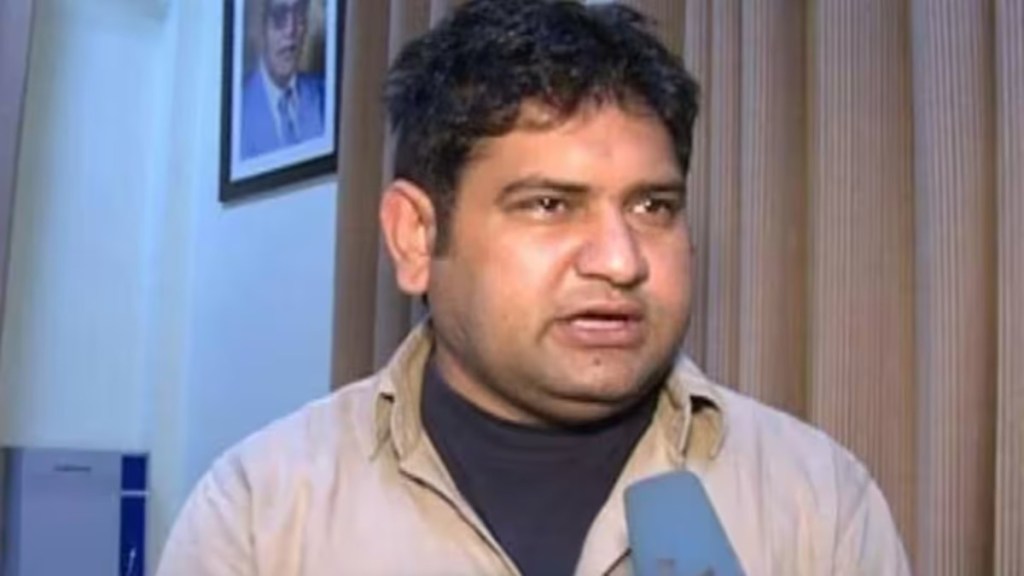Sandeep Kumar Pathak on Wednesday argued before the Delhi High Court that the decision by prison authorities to deny him a meeting with Chief Minister Arvind Kejriwal in Tihar jail was “arbitrary, illegal, and completely unjustified,” reported PTI.
The authorities had previously permitted Pathak to meet with Kejriwal twice in April, but his latest request was refused. The authorities claimed Pathak’s statements after his previous meetings with the Chief Minister violated prison rules and were politically motivated.
In their response to Pathak’s plea, jail officials asserted that he deliberately breached prison protocol by discussing the details of his meetings with the media. This violation led the administration to oppose allowing him further physical “mulakat” (meetings) with the Chief Minister, citing concerns over his past conduct.
During the hearing, Justice Neena Bansal Krishna questioned whether any visitors were currently allowed to meet Kejriwal. Pathak’s counsel, senior advocate Rahul Mehra, responded that while three people were permitted to visit the Chief Minister, only two are currently meeting him. The court directed jail authorities to provide the official order that barred Pathak from meeting Kejriwal and scheduled further proceedings for Thursday.
Arvind Kejriwal is currently in judicial custody at Tihar jail in connection with the alleged excise policy scam. Pathak’s petition seeks a directive for the jail authorities to restore his right to visit and interview the Chief Minister.
The jail authorities justified their decision by citing Rule 587 of the Delhi Prisons Rules, which limits conversations during inmate interviews to private and domestic matters, prohibiting discussions on prison administration, other prisoners, or politics. They claimed Pathak violated these rules with statements such as, “Kejriwal is CM and will remain the CM, and if needed, he will run the government from inside the jail.”
Pathak’s petition argued that the restriction was unjustified since Rule 587 applies only to the content of the conversation during interviews, not to statements made afterward. He emphasised that political speech is a fundamental aspect of democracy and should not be restricted unless it violates existing laws.
The court will continue hearing the matter on Thursday.
With inputs from PTI.

